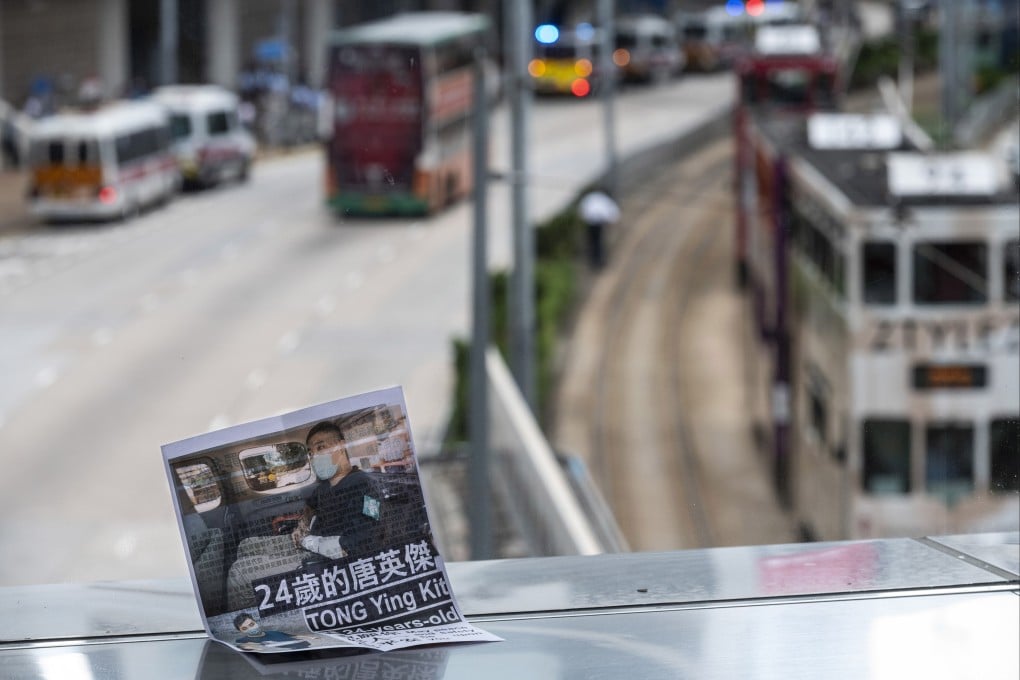Opinion | National security trial ruling a setback for human rights in Hong Kong
- Under the standard applied, just about any slogan that might possibly bear a meaning that is prohibited could then be judged unlawful and result in jail time
- Pursuing the charge of grievous bodily harm rather than terrorism would have been supported by the evidence and not caused fears over human rights in Hong Kong

Human rights and the rule of law clearly took a dramatic step backwards in that judgment, convicting Tong of inciting secession with no mention of human rights and of terrorism with little regard for his causing popular fear. A third charge related to grievous bodily harm by dangerous driving was not pursued by the government.
He ran through several police cordons before hitting and injuring three police officers, though their injuries were not serious. The charge of secession was based mostly on the political slogan. The terrorism conviction paired the injuries caused plus the political purpose of his actions.
We were told in the judgment that intent to incite secession – being the independence or splitting of Hong Kong from China – is sufficient, without regard to the consequence.

